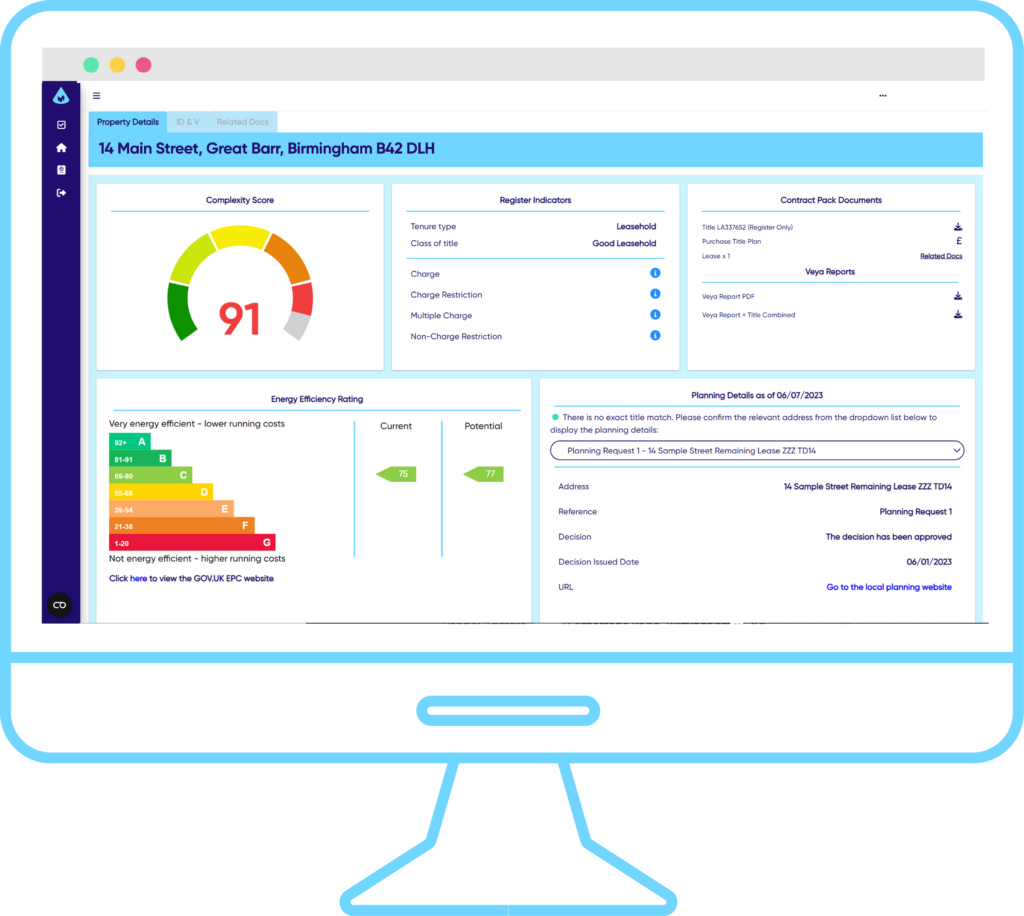

Fee Quotations
If you are taking on a conveyancing case that is anything other than straightforward, you need to be able to charge enough to cover the time involved in dealing with it. With the increasing pressures of high workloads and demanding clients, providing an accurate quote is more important than ever.
In this article, we take a look at potential issues to consider at the outset when providing conveyancing fee quotations.
Providing a conveyancing quote
As well as being given a clear breakdown of the costs and disbursements involved in conveyancing, potential clients also need to be made aware of when they may need to pay extra because their transaction has issues that mean it is more complex than usual. By advising clients early on of any additional charges, you reduce the risk of complaints of disputed fees later on.
As you’ll know, the title will provide a substantial amount of information that could indicate a more complicated transaction than usual. This means that as soon as you have access to a copy of the title, you can amend your quote, if necessary. Having in place an effective fee quotation measure as part of your case allocation strategy, could be a good time to do this.
Some issues may be relatively straightforward to manage, and you may feel able to quote a fixed amount for dealing with them. With others, it might not be possible to tell how long it will take and you may need to give an hourly rate for dealing with this portion of the work.
Items likely to incur extra costs
Issues that will increase the time to be spent on a conveyancing file include:
Defective title
Even if a mortgage lender is happy with an indemnity policy, making investigations into any apparent defects in the title will take time, for example, where the land appears to be in use by the seller but is not included in the title, where there are missing documents or breaches of covenants or where no right of way to the property exists. Knowing this upfront means you can prepare the client in advance.
As well as charging for the administration of liaising with the lender and arranging an indemnity policy, considering early on how much work will be needed to establish what the situation is as accurately as possible and what enquiries need to be answered will give you the chance to make sure your quote is accurate.
Guarantor
Dealing with a guarantor will usually involve substantial extra work for a conveyancer, but you will generally be able to estimate in advance how much time this will take, provided the guarantor is responsive and there are no issues in complying with the lender’s criteria.
Solar panels
Solar panels can be the source of additional work, particularly where they are not owned by the seller and the roof space is leased to the solar company. In this case, investigating the lease and the solar company’s rights and liaising with the lender is likely to take time. Even where the solar panels are owned by the seller, lender approval may need to be sought, with checks to be carried out for issues including local authority rules, guarantees, the installer’s accreditation and whether there are penalties for removing the panels if they are feeding into the power grid.
Certificate of bankruptcy
Where the seller is bankrupt, you can advise your client early on that you will need to obtain the right undertakings from the trustee in bankruptcy, including the provision of a certificate for the Land Registry. This is an unusual issue and one that you can quote for at the outset, as soon as you become aware of the situation.
Discharging charging orders
When dealing with a sale, discharging charging orders is likely to involve a substantial amount of work. This can be particularly true when they have been in place for some time and those holding the order and their solicitors need to be contacted. It is often the case that complicated breakdowns of the amount due will need to be prepared, including items such as interest and legal fees.
It can be problematic if those holding the charging order are slow to respond or provide the necessary undertakings and can make a transaction particularly difficult if there is pressure to be able to exchange without delay. If a title includes charging orders, you may want to consider dealing with these on an hourly rate.
Being alerted to this straightaway means the client can be prepared for the extra cost and potential delays at the outset.
Restriction on the title
If you are dealing with a sale and there is a restriction on the title, for example, registered by the owner, you are likely to want to make a charge to deal with this. You can explain to the client that you will be required to provide a certificate stating that you are satisfied that the disponor is the proprietor and that you will need to undertake sufficient work to ensure you are able to confidently provide this.
Another example is the requirement to obtain a deed of covenant signed by the buyer where the property is leasehold. Again, you can advise the client at the outset that this will be needed and let them have a figure for the cost of dealing with this.
Contact us
Veya’s conveyancing software provides an instant online analysis of title deeds and a complexity score, and where required, copies of documents referred to in the title. This enables conveyancing teams at the outset to identify if any additional work may be needed in dealing with a transaction, incorporate that into any quotations and help manage client expectations regarding the complexity of their case.

To speak to one of our team, ring us on 03335 330 125, email us at [email protected] or fill in our contact form.